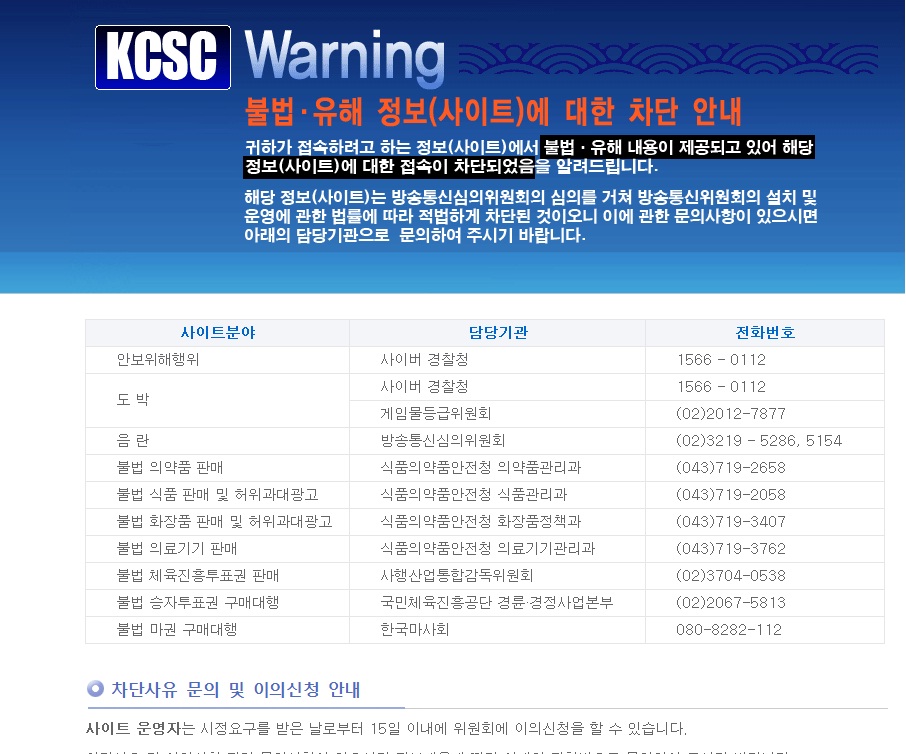
Since the division of Korea, it has been illegal in the South to praise, sympathize or cooperate with North Korea. The law has its origins in the founding of South Korea in 1948 as a bastion of anti-communism on the doorstep of the Soviet-backed North — when strongmen ruled Seoul and anti-government leftists fought bloody insurgencies. For decades, military-backed governments often used the law to round up opposition politicians and student activists seen as challenges to the government; critics say this is still its main purpose. The law touches on sensitive issues in South Korea, still technically at war with the North. North Korean commandos tried to assassinate South Korean presidents in 1968 and 1983, and many South Koreans say they still fear their neighbor. Just last year, North Korean agents posing as defectors were arrested for allegedly trying to kill a high-profile North Korean defector in Seoul. It has also been analyzed by Peter Beck, a Korea analyst and research fellow at the East-West center, of the law he said, “It’s one of the most critical flaws in Korea’s democracy. For most people in the democratic world, posting a message praising North Korea doesn’t sound like such a treasonous act.” Souring relations have been accompanied by a rise in security law cases in South Korea.
Recently, indictments under the National Security Law have shot up as South Korea’s currently conservative government uses it to clamp down on citizens it views with suspicion. Governmental security agencies have also recently launched teams to examine posts on social networks, such as Facebook and Twitter, to check for illicit content. Officials are also blocking access to North Korean websites, deleting thousands of web postings and going after social media messages seen as celebrating the North.
An arrest warrant was issued on February 8th for the leader of a pro-North Korea organization who led an attempt to set up an incense memorial to Kim Jong Il in the heart of Seoul. Judge Lee Suk Jeon of the Seoul Central District Court issued a warrant against Yoon (53), a member of the ‘Committee for the Promotion of Our People’s Federalist Unification’, for producing and distributing pamphlets praising and encouraging pro-North Korea activities. Judge Lee also issued an arrest warrant on February 6th to Lee (49), a cooperator, on similar charges. The two tried to create the incense memorial in the middle of Seoul following the death of Kim Jong Il, and they are also said to be guilty of continuously distributing information both on and offline praising North Korea. The warrants were issued because the two men are considered to be a flight risk. Meanwhile, a request for an arrest warrant against yet aanother member, Kim (57), was dismissed for lack of evidence.

